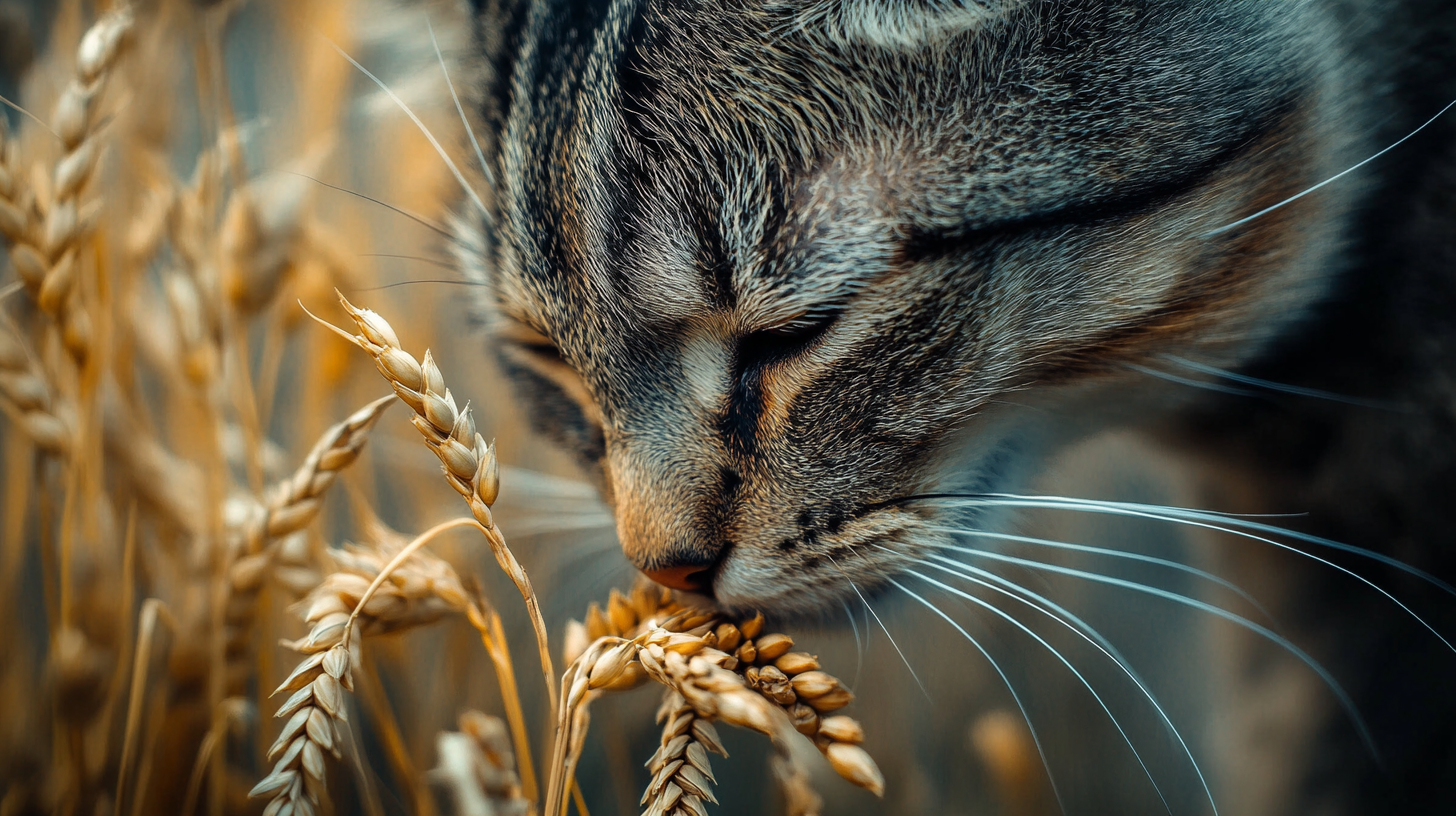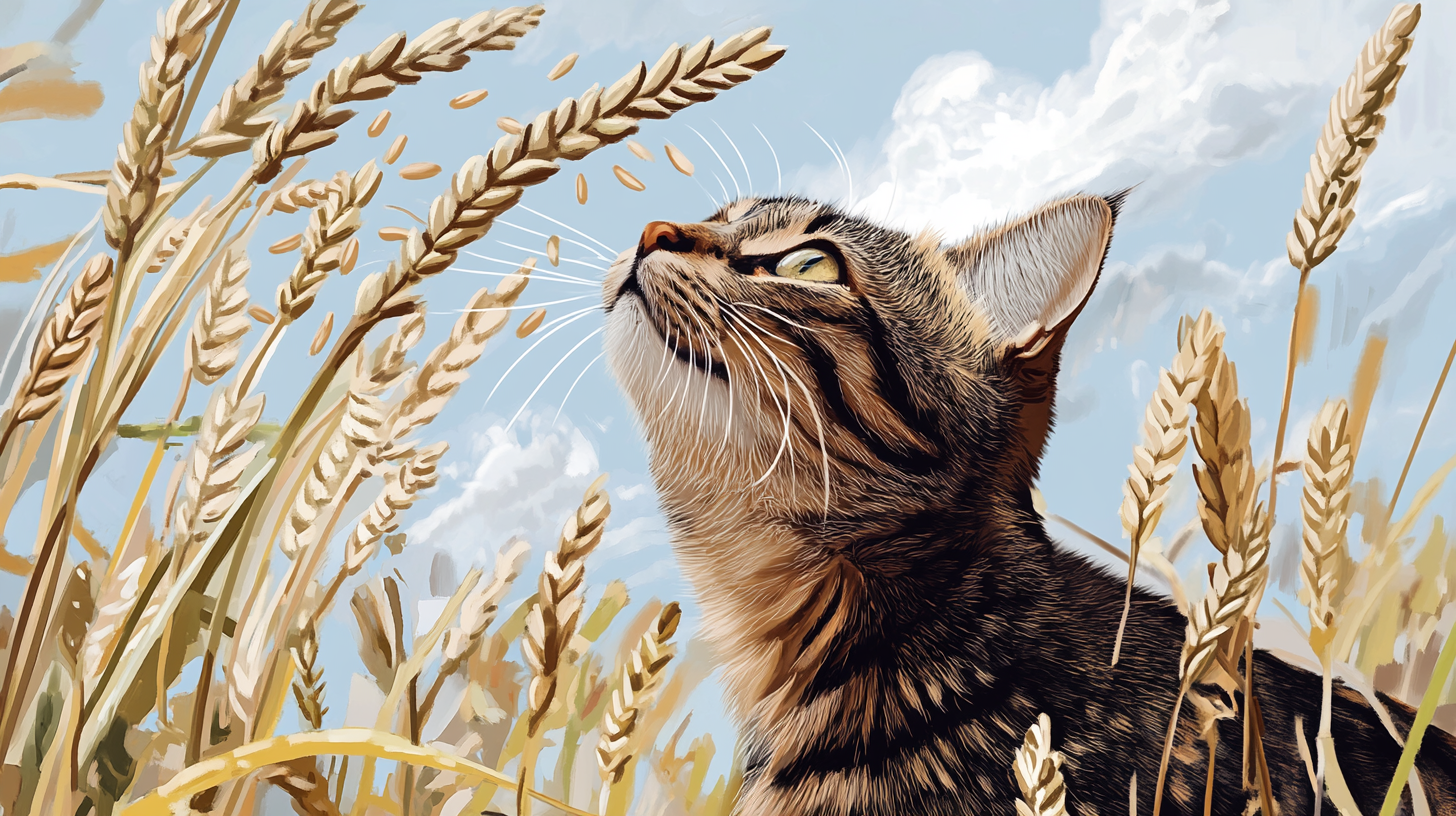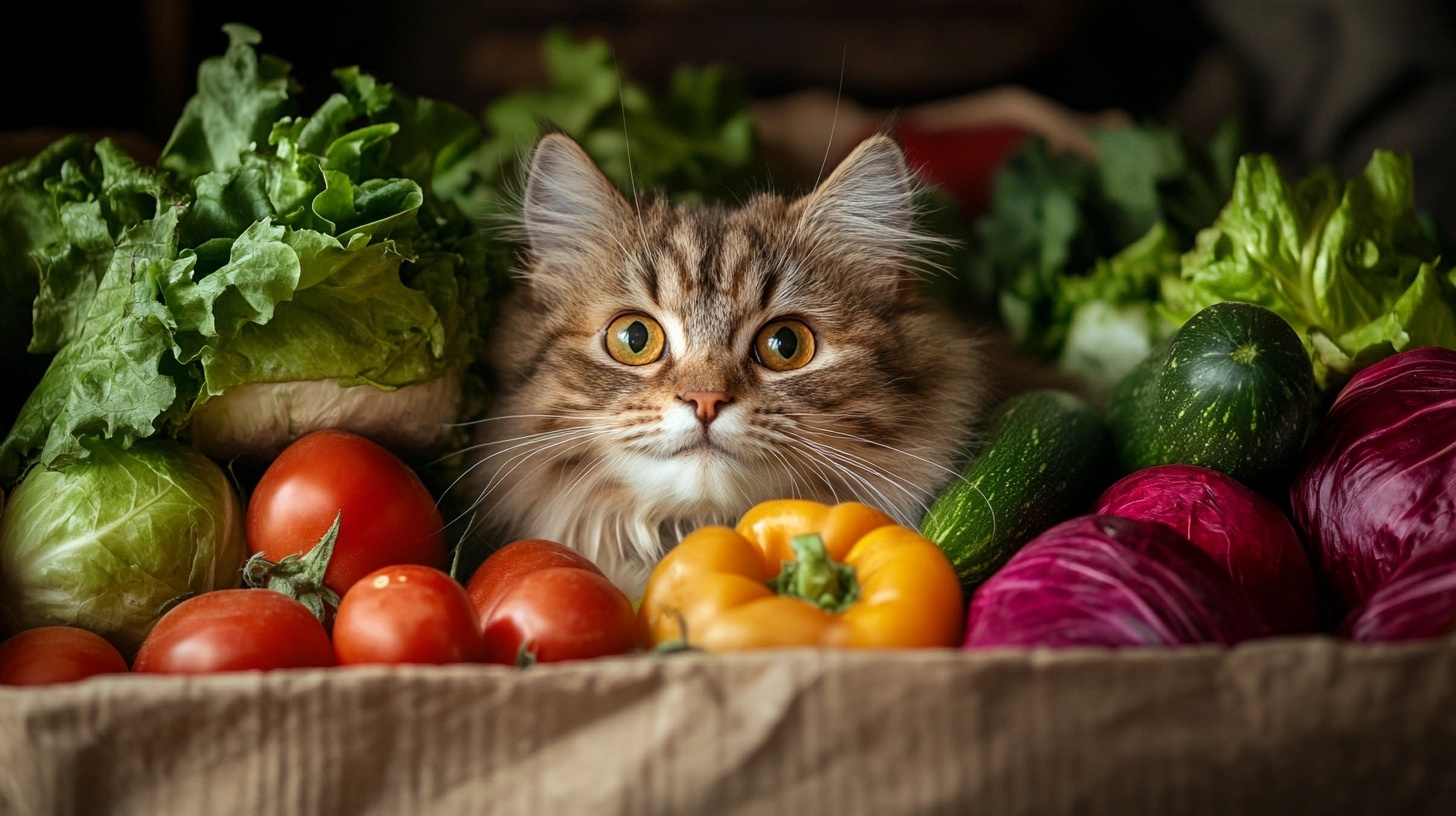Mmm, what a juicy, delicious, tender steak. But WAIT! You suddenly decided to become a vegan for some reason; maybe it was fear for the environment, or you felt sorry for the cow in the meadow. In any case, you completely rejected an animal-based diet and started imposing your beliefs on others. And by a strange turn of events, friends suddenly moved away, and parents decided to stay with relatives, leaving you alone with the fridge and your pet. Of course, you can adopt a vegan diet yourself, but what happens when the tantalizing scent of meat lures you away from your cat’s or dog’s canned food?
Specifically, you need to persuade your pet that they are not naturally predators, but rather herbivores (yes, they do graze on grass and destroy their neighbors’ flowers), and encourage them to transition to vegetarianism alongside you. I’ll say right that away, it will be quite difficult since 90% of domesticated pets of their kind are CARNIVORES. This is their essence, their world, and their nature. Evolution merely helped them become even more perfect.
Humans, by populating and domesticating animals, disrupt the evolutionary course of nature, embedding a new genome, and increasingly altering and adapting animals to suit themselves.
The world is changing and moving, and we are changing with it, following new discoveries and trends. Recently, the United Nations, under the auspices of the Intergovernmental Panel on Climate Change (IPCC), released a report on the impact of meat and dairy consumption on climate change. The essence of the report is the goal of reducing the consumption of meat and dairy products to improve climate conditions (which means: give up the sausage, save the cloud).
The British Veterinary Association has released research claiming that pets consume more than 12% of all the meat in the world, but since the figure is not precise, it could reach as high as 20%.

The United States conducted a study comparing the consumption of meat, meat products, and dairy products by pets, which is equivalent to the emissions from 13-14 million cars. The University of California, Los Angeles conducted this study.
It turns out that people rely on widely covered research reports when deciding whether to veganize their pet. People follow new trends or take inspiration from celebrities who have already thought about how their pets’ actions impact the environment and climate conditions.
More and more pet owners from countries such as Canada, New Zealand, the USA, the UK, as well as Finland and Australia are expressing their readiness to switch their pets to plant-based food.
The World Organization PETA has also called on pet owners to switch to vegetarian food, supplementing their diet with additives to avoid complications such as problems with bones, skin, vision, hearing, the gastrointestinal tract, and the urinary system. And what does this mean? While vegetarianism has its benefits, it may not be suitable for everyone.
Let’s say your pet is a young puppy. The same association (PETA) states that dogs are facultative carnivores, meaning they can survive without meat by obtaining the necessary elements from plant food.
Facultative carnivores, or omnivores, are species that can go for a long time without meat (it is not the only source of their diet). They supplement their diet with berries, roots, and other plant-based foods.

The situation is completely different with cats—since they are obligate carnivores, they need meat in their diet, as without meat they can develop heart problems. They simply cannot obtain nutrients from plants.
Obligate carnivores are animals that originally evolved to feed on freshly caught prey. Their body length to intestinal length ratio is small, indicating that they can only obtain certain amino acids, fatty acids, and vitamins from freshly caught prey.
Let me clarify: all these reports and studies are fine, but there is no 100% reliable and credible research that shows and convinces us that vegetarianism meets all the requirements for a complete diet for cats and dogs.
Despite what many may say, it is possible to create meat—without meat. What?! How is this…
Falconer, a microbiologist at Harvard University, artificially recreated meat from plant elements, using essential components derived from animals. Filling it with the necessary nutrients. Consequently, plant-based protein fully supplants animal protein. As she claims, lab-grown meat can completely replace the diet of cats and dogs, allowing them to live a full life.
Such studies also include observations of pets whose owners have completely switched them to a plant-based diet. And as the pet owners themselves assert, the animals feel quite well. They are playful, eat well, and undergo annual check-ups and necessary vaccinations. This is another contentious issue because there are few such pets and tracking their health and life is impossible.
All of this indicates that vegetarianism remains a highly controversial and unresolved issue. Those who advocate for vegetarianism rely on research and reports, guided by their principles. Those who advocate for natural nutrition often replace it with ready-made feeds. But you must understand that all of them are processed products from meat farms and corporations, which include plant protein, emulsifiers, and preservatives, as well as synthetic TAURINE.

The liver forms taurine, a sulfonic acid, from the amino acid cysteine. This component is very important, as it comprises 45–50% of the total amount of free amino acids found in the heart. It is vital for the prevention and recovery of the cardiovascular system. It plays a key role in the proper functioning and formation of the kidneys.
Initially, they extracted it from the bile of cattle.
Infant formula substitutes include it in their composition. It is very important for development.
Animals obtain taurine from animal tissues such as rodents, rats, and mice, as well as from offal, which includes the heart, kidneys, and liver.
It is this important component that affects and supports the immune system.
Therefore, if you are wondering whether you can make your pet a vegan, study this topic. Plant-based foods have the potential to cause significant harm or even death to your pet. If you’re unstoppable, proceed along this path under a veterinarian’s guidance. And don’t try to change nature.

